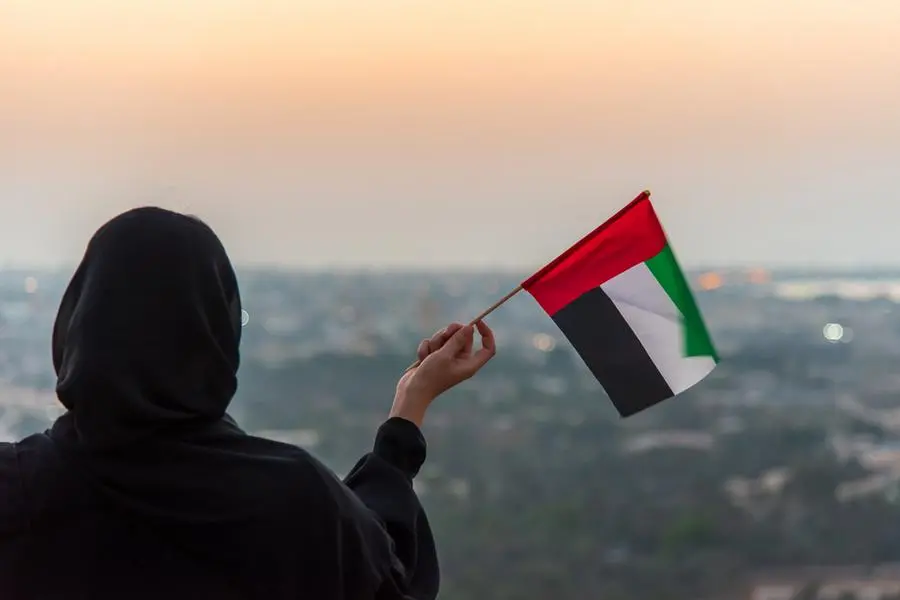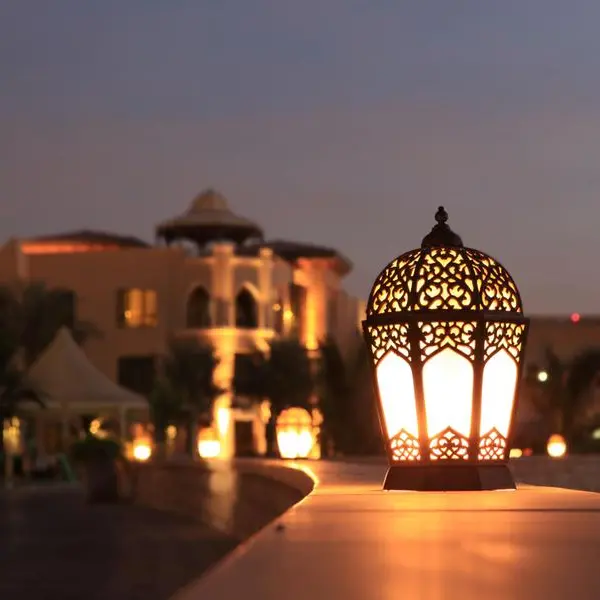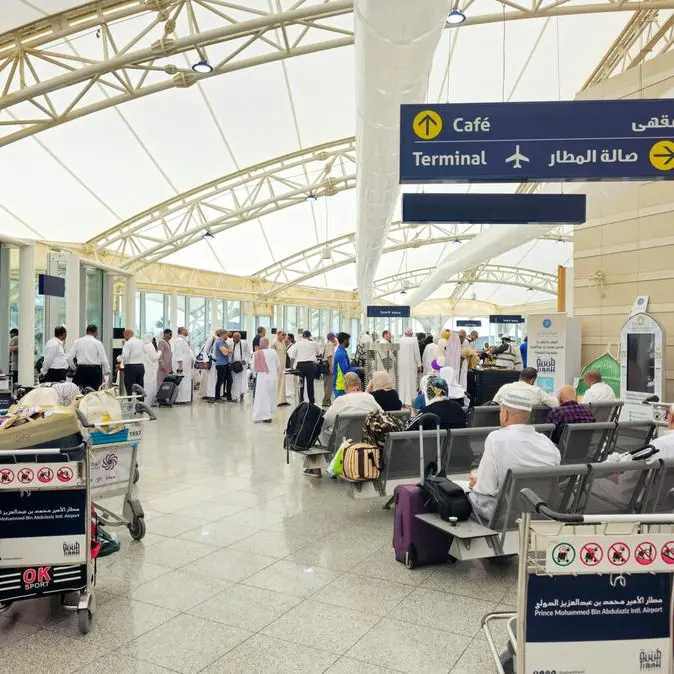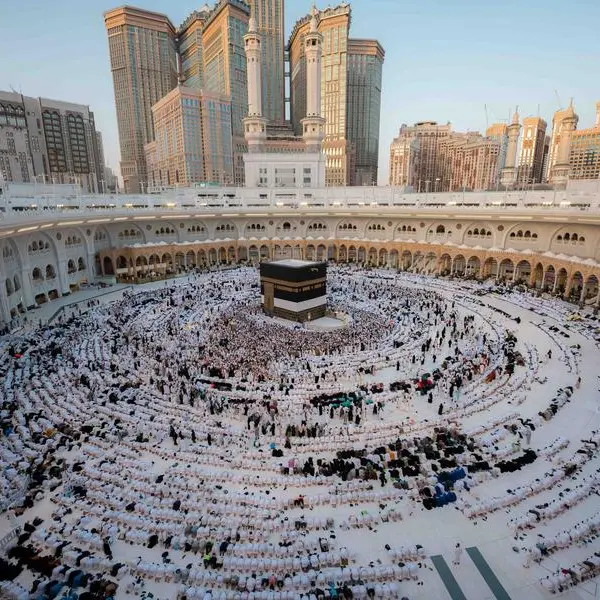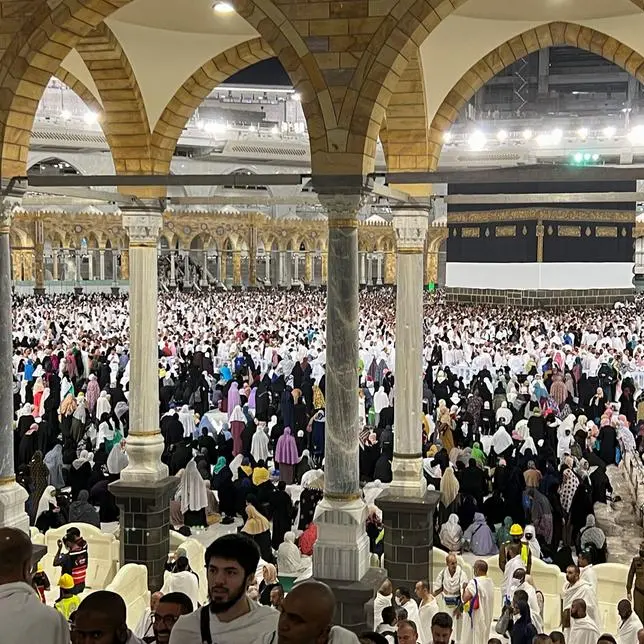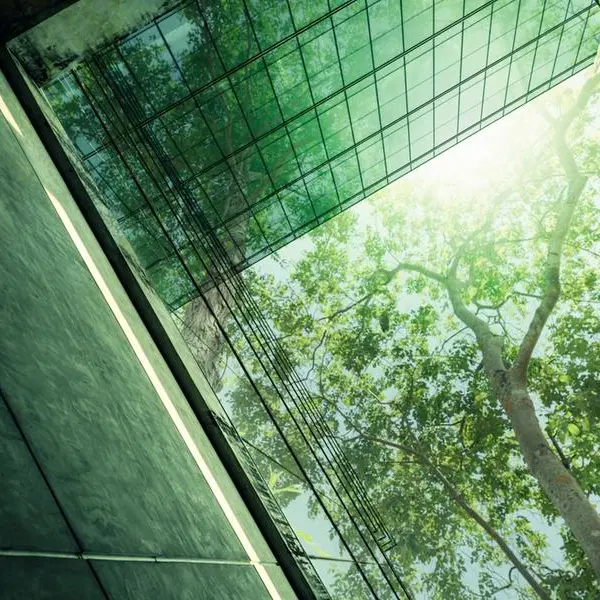PHOTO
Throughout my career, I have worked side-to-side with the world’s brightest minds — a majority of these minds were my Emirati female colleagues. As a result, I kept asking myself why women still suffer from underrepresentation globally and why Emirati women are a beacon in the Middle East region and beyond. These questions led me to Her Highness Sheikha Fatima bint Mubarak, the Mother of the Nation, the Champion who dedicated her life resources and time to elevate women’s presence locally and internationally. While researching Her Highness, I realised that she is the driving force behind Emirati women’s empowerment, which resulted in Emirati women being the most reckoned in all fields today. As a result, Emirati Women’s Day is a momentous occasion for both celebration and reflection upon the remarkable and enduring qualities and accomplishments of the women in our nation. It’s also an opportunity to recognise the immense potential that women can achieve when they are provided with the right support and opportunities.
The narrative of Emirati women dates back to 1960 when Her Highness Sheikha Fatima bint Mubarak, fondly known as the Mother of the Nation, and the late Sheikh Zayed bin Sultan Al Nahyan, revered as the Father of the Nation, united in both life and leadership. Together, they worked tirelessly to transform the UAE into a progressive nation with women at its very core.
During a time when the social fabric of the UAE was rapidly evolving, Sheikha Fatima emerged as a pivotal force for change. She dedicated herself to dismantling traditional barriers, ensuring the full integration of women into society, and championing the cause of a more inclusive and equitable society for all.
Sheikha Fatima was a close adviser to Sheikh Zayed, playing a central role in shaping his vision for the UAE. The cornerstone of this vision was an unwavering commitment to education. In 1975, the Mother of the Nation established the General Women Union (GWU), a catalyst for eradicating illiteracy. Remarkably, by 2005, women’s illiteracy had plummeted to a mere 11.7 per cent, further decreasing to an astounding 1.1 per cent by 2022.
Sheikha Fatima envisioned a comprehensive reality for women’s rights. Consequently, she broadened the scope of the GWU to encompass public policies related to health, education, employment, and political representation. This expansion led to the establishment of the Family Development Foundation in 1979, the Supreme Council for Maternity and Childhood in 1980, and the Fatima Bint Mubarak Academy in 2010.
Sheikha Fatima methodically designed and executed programmes to support women’s development and advancement across various sectors, including the economy, security, health, education, and social development. Notable initiatives include the Abu Dhabi Women Business Council, the Khawla Bint Al Azhar military school, the Mother of Nation Scholarships, the FBM Cancer Centre at the Cleveland Clinic, and the Abu Dhabi Centre for Sheltering and Women Care (Ewaa). Under her guidance, the UAE pioneered the integration of Emirati women in the security sector, a journey that began in 1977. By 2019, a remarkable 15,000 women were employed in the country’s police forces, constituting the largest number in the entire Middle East at the time.
Sheikha Fatima’s vision for women’s empowerment has been a driving force behind the progress of Emirati women in recent years. She has inspired and motivated women to realise their full potential and created a supportive infrastructure to thrive. Thanks to her efforts, Emirati women now lead in all facets of society.
Under Sheikha Fatima’s leadership, Emirati women have made significant strides in education, employment, and political participation, resulting in their presence at all levels of decision-making in both government and the private sector. Today, Emirati women comprise 12 per cent of the UAE’s ambassadorial representation and 30 per cent of its diplomatic corps. Furthermore, the UAE’s ministerial cabinet boasts nine female ministers, including the world’s youngest female minister, Shamma Suhail Al Mazrui. Additionally, the leading bank in the UAE, FAB, is under the stewardship of Hana Al Rostamani. The Mother of the Nation is an enduring source of inspiration, and her work will continue to shape the UAE’s future for generations to come.
Sheikha Fatima symbolises hope and progress not only for women in the UAE but also on a global scale. Her vision for women extended far beyond the UAE’s borders. In 1975, Sheikha Fatima sponsored the first female delegation to participate in the World Conference on Women in Mexico. In 2017, the UN Women, along with the Global Partnerships Forum (GPF), honoured Sheikha Fatima with the Agent of Change Award, recognising her contributions and achievements in the realms of women’s empowerment and gender equality, not only in the UAE but also around the world.
The role of Emirati women has been a pivotal part of the UAE’s international, regional, and local achievements. As we celebrate Emirati Women’s Day, we honour the legacy of Sheikha Fatima’s gift, which resonates with Emirati women of the past, present, and future. Sheikha Fatima’s commitment to women’s progress transcended cultural and political boundaries. Her story stands as a blueprint for comprehensive women’s empowerment and advancement. Her character, defined by modesty, generosity, open-mindedness, unwavering determination, and boundless dedication to charitable work, has not been limited to the United Arab Emirates alone.
After knowing little about Her Highness’s work, I asked myself if a person with this impact justifies a Nobel prize because her story continues to be the talk of the century. With more research, I realised that global awards are less than Her Highness’s merits, and she is far beyond such acknowledgments. Therefore, I will always glorify her as the Mother of the Nation, the Mother of the UAE, and the Mother of every person on the UAE’s soil.
abdulla@khaleejtimes.com
Copyright © 2022 Khaleej Times. All Rights Reserved. Provided by SyndiGate Media Inc. (Syndigate.info).
